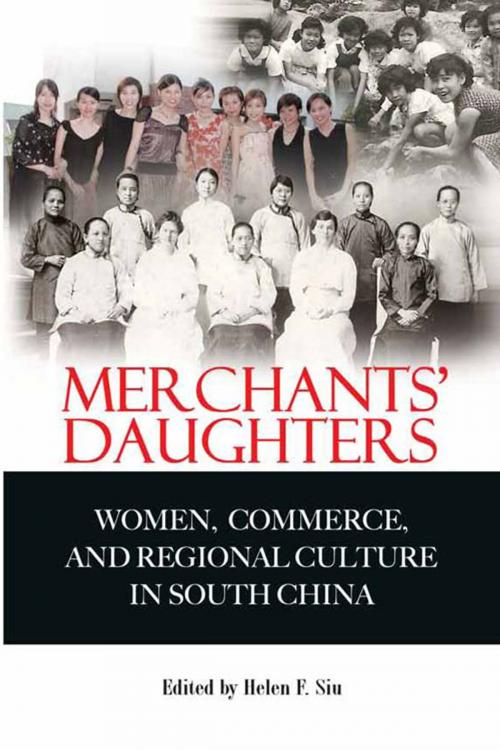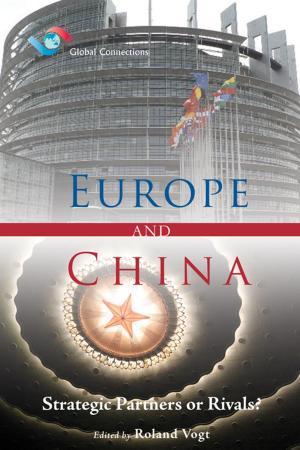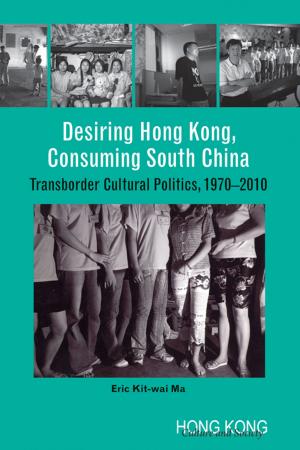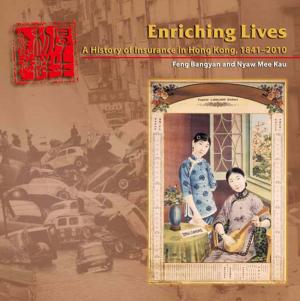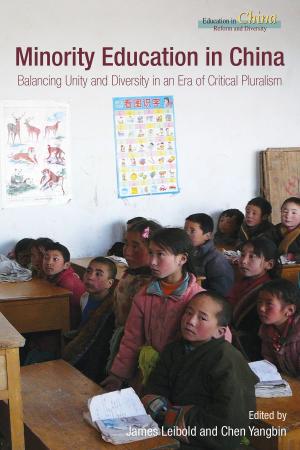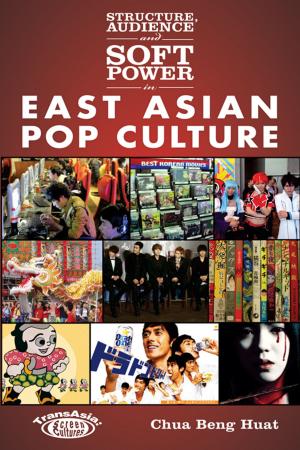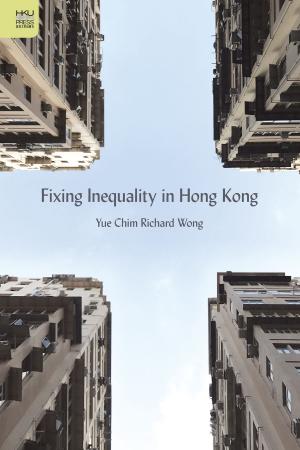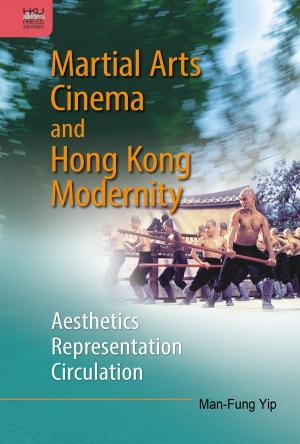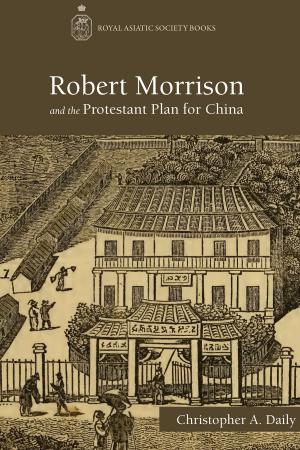| Author: | Hong Kong University Press | ISBN: | 9789882206014 |
| Publisher: | Hong Kong University Press | Publication: | December 15, 2009 |
| Imprint: | Language: | English |
| Author: | Hong Kong University Press |
| ISBN: | 9789882206014 |
| Publisher: | Hong Kong University Press |
| Publication: | December 15, 2009 |
| Imprint: | |
| Language: | English |
Historians and anthropologists have long been interested in South China where powerful lineages and gendered hierarchies are juxtaposed with unorthodox trading cultures, multi-ethnic colonial encounters, and market-driven consumption. The divergent paths taken by women in Hong Kong and Guangdong during thirty years of Maoist closure, and the post-reform cross-border fluidities have also gained analytical attention. This collection provides further theoretical application of a “regional construct” that appreciates process, transcends definitive powers of administrative borders, and brings out nuanced gender notions. An interdisciplinary team uses fine-grained historical and ethnographic materials to map out three crucial historical junctures in the evolution of South China, from late imperial to contemporary periods, that have significantly shaped the construction of gendered space. Stressing process and human agency, the volume uses women’s experiences to challenge dichotomous analytical perspectives on lineage patriarchy, colonial institutions, power, and social activism. For scholars of modern Hong Kong society, Merchants’ Daughters refocuses attention to cultural dynamics in the South China region of which Hong Kong is an integral part. For audiences generally interested in gender issues, this book illuminates the analytical importance of long historical periods in which layers of social, political, and economic activities intersected to constitute the complicated positioning of women.
Historians and anthropologists have long been interested in South China where powerful lineages and gendered hierarchies are juxtaposed with unorthodox trading cultures, multi-ethnic colonial encounters, and market-driven consumption. The divergent paths taken by women in Hong Kong and Guangdong during thirty years of Maoist closure, and the post-reform cross-border fluidities have also gained analytical attention. This collection provides further theoretical application of a “regional construct” that appreciates process, transcends definitive powers of administrative borders, and brings out nuanced gender notions. An interdisciplinary team uses fine-grained historical and ethnographic materials to map out three crucial historical junctures in the evolution of South China, from late imperial to contemporary periods, that have significantly shaped the construction of gendered space. Stressing process and human agency, the volume uses women’s experiences to challenge dichotomous analytical perspectives on lineage patriarchy, colonial institutions, power, and social activism. For scholars of modern Hong Kong society, Merchants’ Daughters refocuses attention to cultural dynamics in the South China region of which Hong Kong is an integral part. For audiences generally interested in gender issues, this book illuminates the analytical importance of long historical periods in which layers of social, political, and economic activities intersected to constitute the complicated positioning of women.
